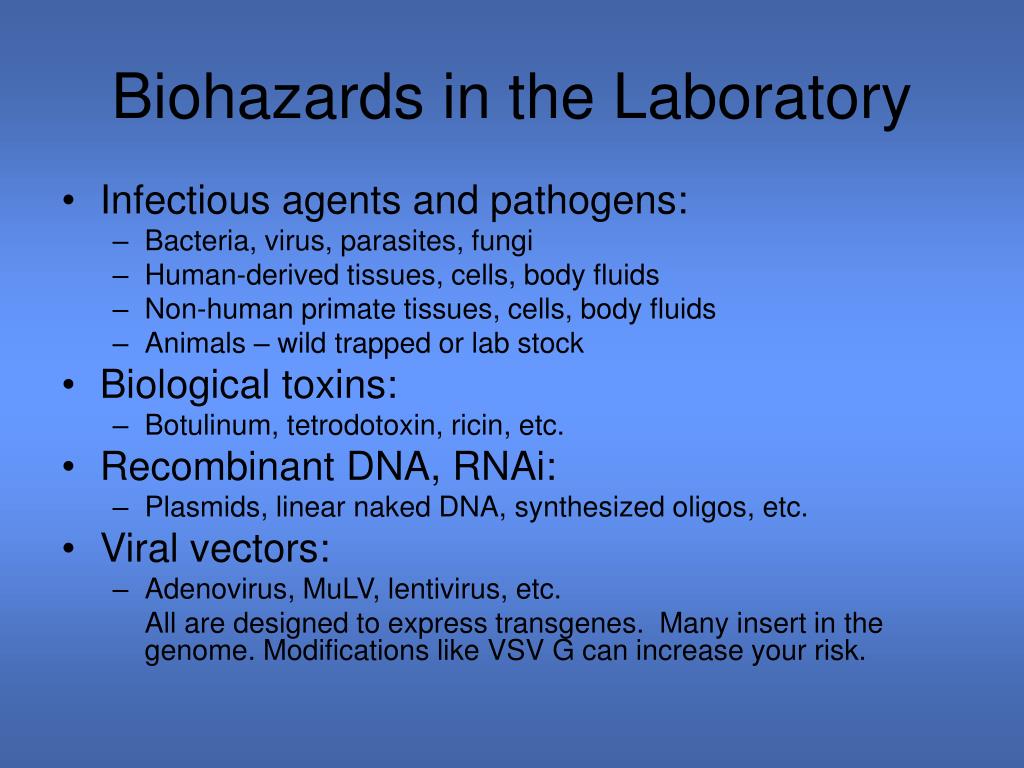Why Veterinary Testing Matters for Your Pets
Why Veterinary Testing Matters for Your Pets
Blog Article
Maintaining your pet’s well-being ensures they live their best life. Pet health labs offer a wide range of services for domestic animals like dogs and cats.
This article, we’ll discuss how pet diagnostic centers work, what tests they offer, and why regular diagnostic testing is important.
Understanding the Role of Veterinary Testing Centers
Veterinary testing facilities offer testing for health conditions in pets. They are critical for animal doctors to develop effective treatment plans.

How they work usually starts with:
- Sample collection: Blood, urine, feces, or tissue samples are taken by the vet.
- Analysis of specimens: Skilled technicians run tests on the materials.
- Diagnosing the findings: The lab shares diagnostic findings to the veterinarian for treatment recommendations.
Common Veterinary Tests for Pets
Veterinary labs offer a variety of tests to identify underlying issues. Some of the most common tests include:
- Hematology panels: Detect anemia.
- Bladder health evaluations: Spot bladder issues.
- Stool analysis: Spot signs of infections.
- Allergen identification: Address skin irritations.
- Imaging services: Evaluate structural health.
laboratorio para exames de animais
The Benefits of Veterinary Diagnostics
Ongoing health monitoring plays a key role in keeping your pets healthy. Proactive health checks reduces treatment costs.

The top benefits include:
- Effective treatment plans: Customized solutions for your pet’s needs.
- Peace of mind for pet owners: Regular testing ensures clarity.
- Financial benefits of prevention: Prevent costly procedures.
laboratório de exames veterinárioslaboratório veterinário pró vita
Why Veterinary Testing is Essential for Cats and Dogs
Investing in diagnostic tests for dogs and cats supports their overall wellness. Pet testing facilities deliver accurate results to manage their health effectively.
Schedule a diagnostic test today to give them the best care possible!
Report this page